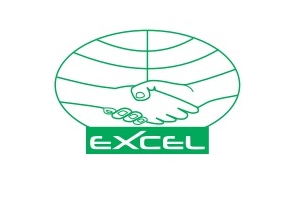Get A Quote
Get A Quote
+91

Home

Account

Get A Quote

About Us
Products
Materials
Contact Us
Connect with us
Get A Quote

Home

Account

Get A Quote

Incoloy UNS N08800 Instrumentation Fittings are renowned for their high corrosion resistance, superior temperatures and extreme strength. This is thanks to its chemical composition, which includes elements such as nickel, iron and chromium. Alloying these materials results in a metal that is highly resistant to oxidation and also to resist heat caused by harsh environments. Other chemicals in the composition are smaller amounts of copper, manganese and molybdenum, giving this type of Incoloy a range of useful properties ideal for instrumentation fittings applications.
Incoloy UNS N08800 Instrumentation Fittings are highly sought after for their superior qualities. Their resistance to chlorides and other corrosive materials gives them an edge in industries such as oil and gas, chemical processing and marine applications. This alloy is composed of nickel, chromium and iron and has optimal heat resistance properties, so it can be used for environments at higher temperatures than regular stainless steel fittings. Its superior strength profile makes UNS N08800 Incoloy Instrumentation Fittings an excellent choice for components subjected to high-pressure levels. In addition to their physical benefits, these fittings also offer a gain in economic stability as they have a longer lifespan with minimal maintenance costs.
Incoloy UNS N08800 Instrumentation Fittings are renowned for their high corrosion resistance, superior temperatures and extreme strength. This is thanks to its chemical composition, which includes elements such as nickel, iron and chromium. Alloying these materials results in a metal that is highly resistant to oxidation and also to resist heat caused by harsh environments. Other chemicals in the composition are smaller amounts of copper, manganese and molybdenum, giving this type of Incoloy a range of useful properties ideal for instrumentation fittings applications.
Incoloy UNS N08800 Instrumentation Fittings are highly sought after for their superior qualities. Their resistance to chlorides and other corrosive materials gives them an edge in industries such as oil and gas, chemical processing and marine applications. This alloy is composed of nickel, chromium and iron and has optimal heat resistance properties, so it can be used for environments at higher temperatures than regular stainless steel fittings. Its superior strength profile makes UNS N08800 Incoloy Instrumentation Fittings an excellent choice for components subjected to high-pressure levels. In addition to their physical benefits, these fittings also offer a gain in economic stability as they have a longer lifespan with minimal maintenance costs.












No more suppliers available.
Website Banner